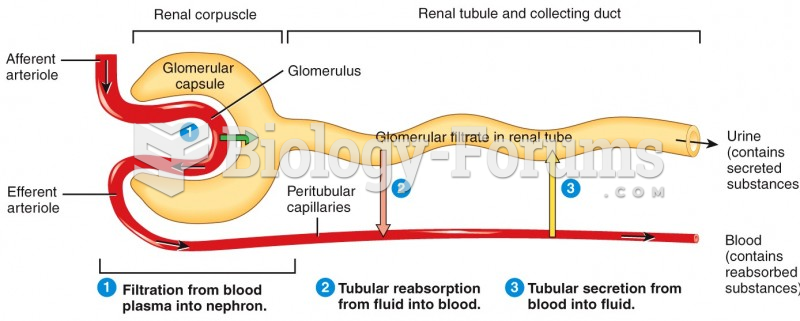|
|
|
On average, someone in the United States has a stroke about every 40 seconds. This is about 795,000 people per year.
Intradermal injections are somewhat difficult to correctly administer because the skin layers are so thin that it is easy to accidentally punch through to the deeper subcutaneous layer.
Medication errors are three times higher among children and infants than with adults.
Giardia is one of the most common intestinal parasites worldwide, and infects up to 20% of the world population, mostly in poorer countries with inadequate sanitation. Infections are most common in children, though chronic Giardia is more common in adults.
According to the FDA, adverse drug events harmed or killed approximately 1,200,000 people in the United States in the year 2015.






